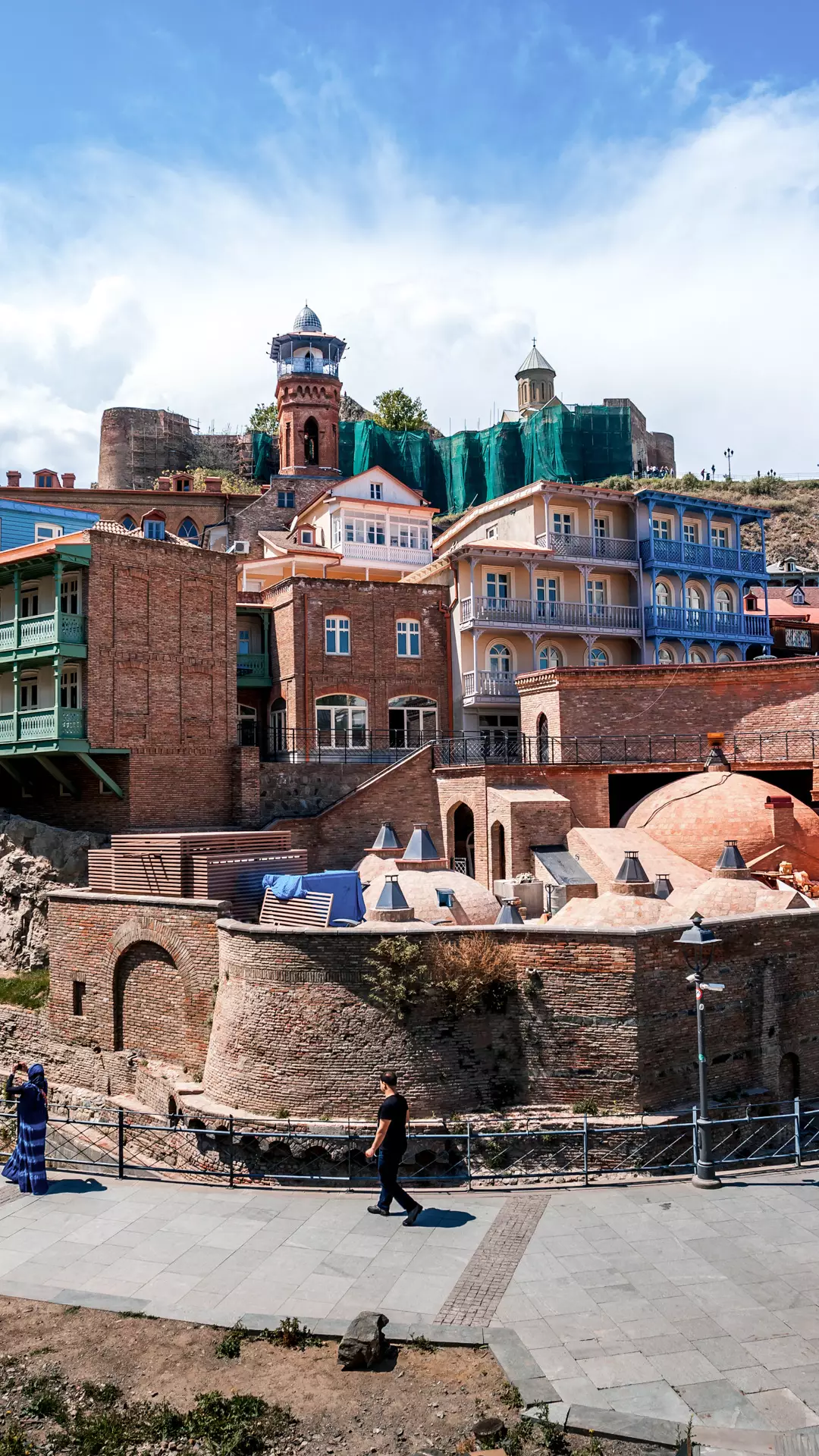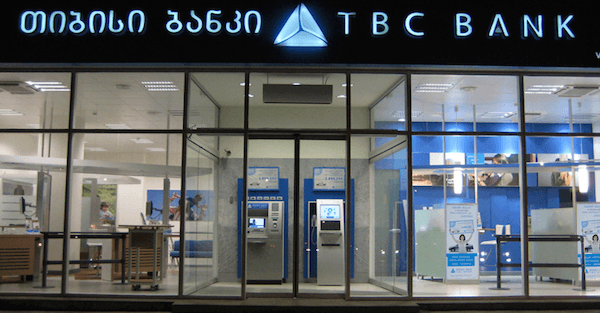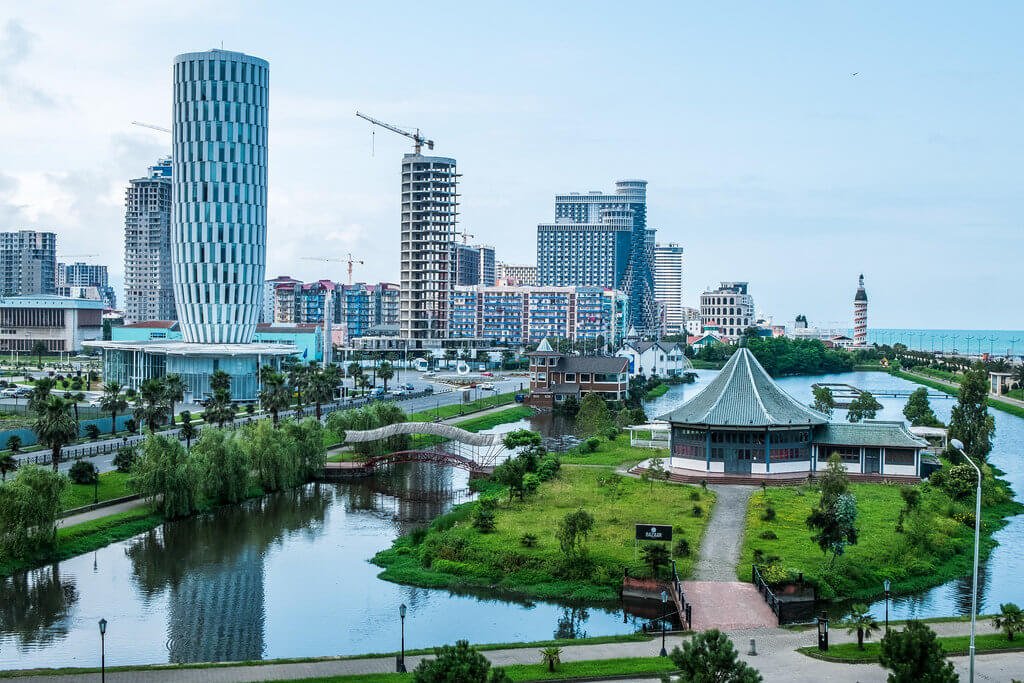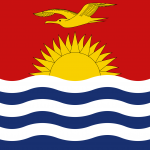Is Tbilisi a business hub, or at least becoming one? Well, yes it kind of is, which if you follow the many creators who cover the best offshore places and where to do business, you might already know about.
But how much of this is real, how much is hype, and should you be relocating to Georgia? As with anything of this nature, the answer is not just nuanced, but a little #ItsComplicated. There are parts of Tbilisi that are buzzing with entrepreneurs, co-working spaces, and expats setting up online companies. Then there are parts that feel like a sleepy backwater, where the wifi is patchy and the bureaucracy still has teeth.
With that in mind, YPT went deep undercover to suss it out and see if Tbilisi really deserves the label of a business hub.
Table of Contents
What the Georgia?
Georgia is a country with a complicated history and an even more complicated present. Sitting at the crossroads between Europe and Asia it has been invaded annexed and reshaped by empires for centuries from Persians and Ottomans to Mongols and Russians. In the twentieth century it was forcibly absorbed into the Soviet Union and life under Moscow’s control left deep scars that are still felt today.
After the collapse of the USSR Georgia fell into chaos. Civil war tore through the country in the early 1990s secessionist conflicts erupted in Abkhazia and South Ossetia and the economy collapsed. Life was grim for most Georgians with unemployment rampant hyperinflation out of control and a government barely able to maintain order.
Tbilisi remained the heart of everything politically culturally and economically but even the capital was rough with protests and strikes breaking out regularly. The Rose Revolution in 2003 promised reform transparency and a break from the old corruption. Progress was uneven and tensions with Russia simmered for years. In 2008 these tensions erupted into a short but brutal war over South Ossetia leaving parts of the country occupied and the population deeply wary.
In recent years Georgia has again been in the headlines for domestic unrest. Street protests erupted over controversial judicial appointments election disputes and government crackdowns. Tbilisi’s squares have seen thousands demanding change sometimes facing tear gas and police intimidation. These events show that Georgia is still a country where politics are fiery and life is far from predictable.
Despite all this Georgia has been reinventing itself. Over the past two decades the government has aggressively courted foreign investment opened the economy and tried to position Tbilisi as a bridge between Europe and Asia. The capital is modernising fast with refurbished streets new hotels international schools and a growing tech and startup scene. Doing business is far easier than in most ex-Soviet countries thanks to low bureaucracy and a legal framework that while imperfect is surprisingly transparent. There is an air of optimism in Tbilisi if you play your cards right you can set up a business quickly and cheaply compared to most of Europe or Asia.
The shadow of history war and protests is never far away. Georgia is charming resilient and full of opportunity but it is also unpredictable raw and occasionally volatile. That tension is part of its allure and part of the risk for anyone thinking about relocating here.

Opening a company in Georgia AKA Individual Entrepreneur
For anyone serious about doing business, Georgia has a relatively standard corporate tax regime for traditional companies. Rates hover around what you might call normal tax anywhere else. The real lure, and what is driving most foreigners to Tbilisi, is the Individual Entrepreneur setup.
An Individual Entrepreneur, or IE, allows you to pay a flat 1 percent tax on earnings up to roughly 100,000 USD per year. Yes, that is 1 percent. You need to register with the Public Service Hall, provide basic ID, and declare your business type. You can do it yourself online in a couple of hours if you are confident, or you can hire an agent for a small fee to handle the paperwork, set up local registration, and sometimes even liaise with banks. Agents typically charge a few hundred dollars for the service, which is often worth it for people who want to avoid mistakes.
The IE system covers a wide variety of activities, from online consulting to freelance work, small import-export, and even hospitality. You must maintain proper accounting records, though Georgia’s reporting requirements are minimal compared to Western countries. The low flat tax is what makes Tbilisi attractive: for someone making 50,000 to 100,000 USD a year, you are paying only a few hundred to a thousand dollars in tax, versus several times that in most European countries.
One note is that while the system is simple, enforcement is strict. You have to file your annual return, and your activities must match the business type declared. The penalties for ignoring rules can include fines and temporary bans from the IE system, though it is generally forgiving for those who act in good faith.

It’s really easy to open a bank account
Opening a bank account in Tbilisi is, in many ways, far easier than most of Europe or Asia. The main banks offer a range of services, including multi-currency accounts, online banking, card payments, and international wire transfers. For foreigners, most banks will ask for your passport, proof of address, and registration documents if you are an entrepreneur. Some banks allow you to open accounts in a day, especially if you have an agent.
There are fees, of course, from monthly account charges to wire transfer costs, though these are generally low compared to Western Europe. Importantly, Georgia does not tax foreign-sourced income, meaning money earned abroad and sent to a Georgian account is generally untouched by the local tax authorities. This makes it attractive for digital nomads, freelancers, and consultants who want a simple, low-tax banking setup. Of course, we are not accountants and this is not official advice, but generally speaking, you can receive income from outside Georgia without paying local tax.

Georgian residency
Many people are also moving to Georgia for residency, which comes in two primary forms. First, you can become a resident by spending a set amount of time in the country each year, effectively qualifying through physical presence. This is simple, low-cost, and works well if you plan to live there long-term.
The second option is residency through investment or payment via an agent. This is more formalised and slightly more expensive, but it grants you legal status without needing to spend the majority of your year in Georgia. Housing in Tbilisi is surprisingly cheap for a European capital. You can rent a decent two- or three-bedroom apartment in a central neighbourhood for around 500 USD per month. Buying property is also affordable, with city apartments going for just a few thousand USD per square metre. The combination of low cost of living and easy residency options is a big draw for expats and entrepreneurs alike.
Crypto friendly
Tbilisi is also quietly becoming a hub for cryptocurrency. The city has the highest concentration of crypto ATMs in the region, and several cafes and co-working spaces accept Bitcoin and other tokens. Much of this activity is driven by Russian nationals barred from traditional banking, but the ecosystem is growing to include local startups and international traders. Crypto transactions are largely unregulated at the moment, which adds an element of freedom for those who want to use it for online business or personal investment.
Should you move to Georgia
So should you pack up and move to Georgia? The benefits are clear: low taxes, cheap living, great food, friendly people, and a capital city that is slowly transforming into a regional business hub. The Individual Entrepreneur system is one of the most straightforward and low-tax options anywhere, banking is easy, and residency is accessible. Tbilisi itself is charming, cosmopolitan in places, and perfectly placed between Europe and Asia.

The pitfalls are also obvious. Georgia is not Switzerland or Singapore; bureaucracy still exists, infrastructure can be patchy outside central Tbilisi, and the business scene, while growing, is small and uneven. Not every industry thrives here, and some sectors can feel isolated from international markets. It is also a very different environment if you are used to a fully developed European system: things take longer, rules change, and local practices can be confusing.
Ultimately, Tbilisi is a business hub for some, but not everyone. If you tick the right boxes, want a low-tax lifestyle, and are willing to embrace a slightly chaotic system, it works brilliantly. If you are expecting perfection, unlimited scale, or fully Westernised infrastructure, you may be disappointed. That said, for digital nomads, freelancers, and entrepreneurs looking for a low-cost, flexible base in a city that feels alive and international, Tbilisi a business hub? Yes, for the right person.
Click to check out our Goergia Tours.





